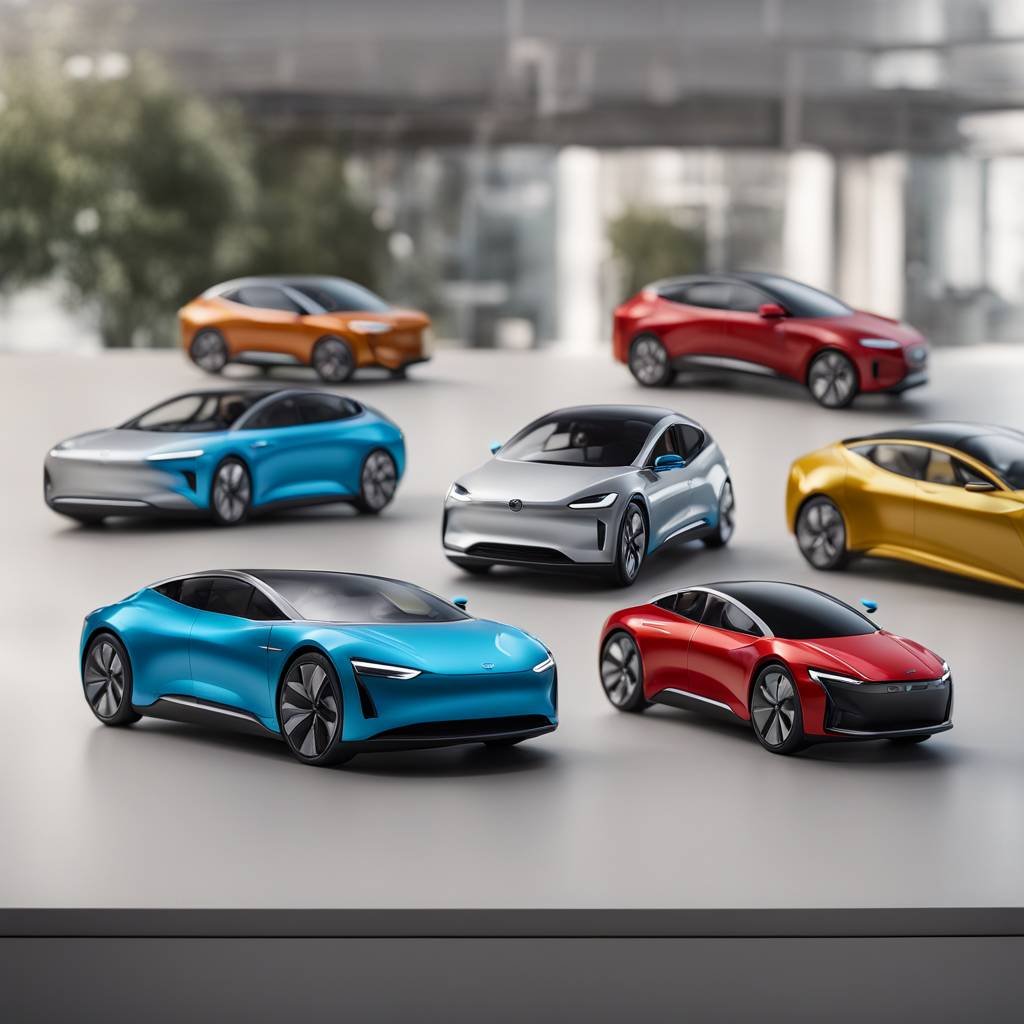Summary
– Manufacturers are focusing on electric vehicles, leading to advancements in the EV industry
– Range anxiety is a significant issue in EVs as they have fewer charging stations compared to gasoline vehicles
– Some manufacturers are developing range extender electric vehicles (REEVs) to address range anxiety
– Models like the BMW i3 and Mazda MX-30 R-EV feature gas-powered generators to extend battery range
– The Ram 1500 Ramcharger is a new REEV truck that offers impressive range and towing capacity with potential drawbacks when towing heavy loads
Article
Overall, it is clear that range anxiety is a significant concern in the EV industry, and manufacturers are working to find solutions to alleviate this issue. One solution that has arisen is the development of range extender electric vehicles (REEVs), which incorporate an onboard generator to power the battery when it runs low. Models such as the BMW i3 REx and the Mazda MX-30 R-EV have implemented this technology to increase range and reduce emissions. While these vehicles show promise in addressing range anxiety, there are still some drawbacks to consider, such as limited range and reliance on gasoline-powered engines.
The Fisker Karma, Chevrolet Volt, and BMW i3 REx are examples of early attempts to tackle range anxiety in the EV industry. These vehicles offer varying electric ranges and utilize different technologies to extend their driving capabilities. While each has its own set of advantages and disadvantages, they all demonstrate the industry’s progress in developing more sustainable transportation options. The Fisker Karma, in particular, stands out for its luxurious design and innovative features, despite facing challenges related to its weight and mechanical issues.
The introduction of new REEV models such as the Mazda MX-30 R-EV and Ram 1500 Ramcharger further demonstrates the industry’s continued efforts to address range anxiety. These vehicles offer improved range and performance, thanks to the integration of gasoline-powered generators and dual powertrains. While the Mazda MX-30 R-EV showcases Mazda’s commitment to bringing back the iconic rotary engine in a more environmentally friendly way, the Ram 1500 Ramcharger highlights the potential for electric-based trucks to revolutionize the industry.
Despite the advancements in REEV technology, there are still uncertainties surrounding their widespread adoption and effectiveness in alleviating range anxiety. Issues such as limited infrastructure for public charging stations and concerns over environmental impact remain key challenges for the EV industry. Manufacturers will need to continue innovating and finding sustainable solutions to make EVs more accessible and practical for consumers. By addressing these challenges, the industry can accelerate the shift towards electric vehicles and reduce reliance on traditional gasoline-powered vehicles.
Overall, the development of REEV technology presents a promising solution to range anxiety in the EV industry. While early models like the Fisker Karma and Chevrolet Volt have paved the way for future innovations, newer models such as the BMW i3 REx and Mazda MX-30 R-EV are pushing the boundaries of what is possible with electric vehicles. With continued advancements in technology and infrastructure, the industry is poised to overcome range anxiety and usher in a new era of sustainable transportation. By addressing key challenges and working towards a more sustainable future, manufacturers can drive the EV industry forward and create lasting impact on the environment and society as a whole.
Read the full article here



